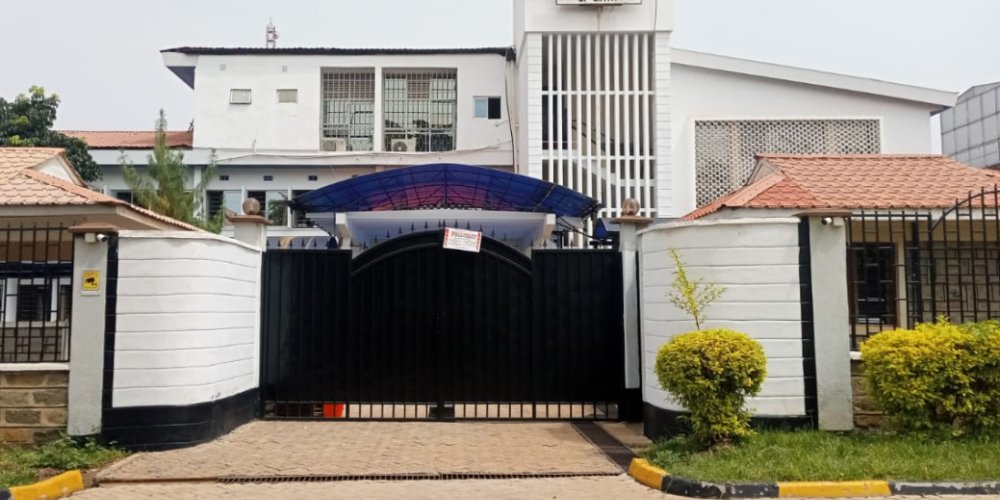About the County Assembly
Establishment of the County Assembly
Article 176 of the Constitution of Kenya, 2010 establishes the County Assembly which shall consist of members elected by the registered voters of the wards; each ward constituting a single member constituency, on the same day as a general election of Members of Parliament, being the second Tuesday in August, in every fifth year.
Pursuant to Article 177, The County Assembly of Siaya is made up of 30 elected members representing the county’s 30 Wards and 12 nominated Members representing special interest groups like Persons with Disabilities, Minorities/Marginalized groups and Youth to ensure that no more than two-thirds of the memberships of the Assembly are of the same gender; and the Speaker, who is an ex-officio member.


